|
|
|
|
Nau mai haere mai - welcome to this week’s newsletter.
As New Zealand grapples with its border control and quarantine, and politicians score points in the first election skirmishes, it’s nice to share something completely unrelated to COVID-19. I’m sure you’ll agree the story of how two Australian scholars uncovered the earliest surviving photograph of a Māori is both extraordinary and moving. To say Hemi Pomara, the subject of that remarkable image, led an eventful life would be a criminal understatement, so it’s no surprise that he has inspired a great novel and one of our celebrated film maker Taika Waititi’s next projects. This saga has it all - art historical detective work, imperial exploitation,
human resilience and the power of art to tell the truth. Enjoy.
Back in the present, however, our report on the latest research from Antarctica is worrying news. Once thought to be largely immune from warming, it now seems the South Pole is heating fast - three times more rapidly than the rest of the world. But it’s not a simple case of the pole reflecting climate change in general. More likely it’s a complex interaction between natural and human-made effects. As Kyle Clem, at Te Herenga Waka — Victoria University of Wellington, writes: “Together they make the South Pole warming one of the strongest warming trends on Earth.”
And as we get closer to election day, there are other decisions we’ll be asked to make. We’ll soon be voting in the world’s first national referendum on a comprehensive proposal to legalise the recreational use of cannabis. Massey University drug policy researchers Marta Rychert and Chris Wilkins write about their research on an earlier law reform, aiming to regulate the manufacture of “low risk” psychoactive products, which ultimately suffered from poor execution.
There’s a lot more here and on the New Zealand page, so happy reading and thank you again for supporting The Conversation.
Noho ora mai.
|
Finlay Macdonald
New Zealand Editor: Politics, Business + Arts
|

|
|
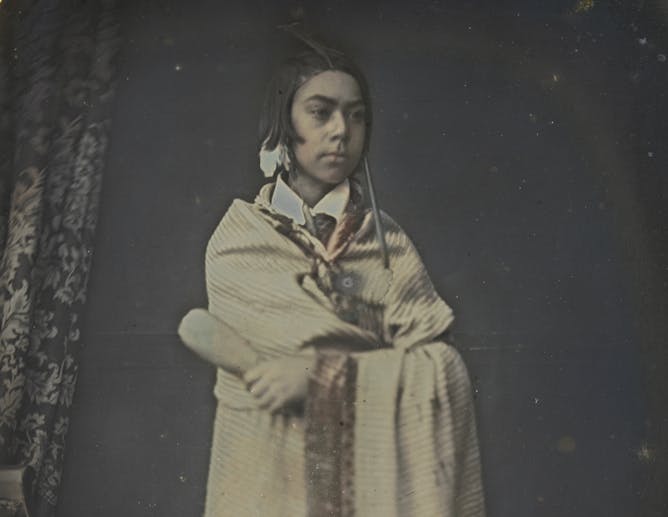
Elisa deCourcy, Australian National University; Martyn Jolly, Australian National University
Exclusive: the recent discovery of probably the oldest known surviving photograph of a Māori sheds light on the remarkable subject of Taika Waititi's new film project.
|
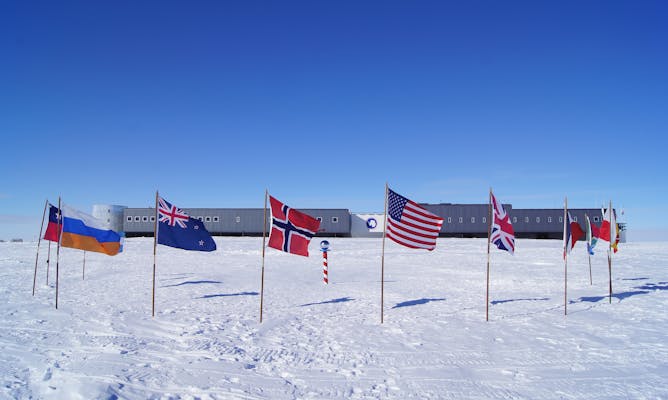
Elaine Hood/NSF
Kyle Clem, Te Herenga Waka — Victoria University of Wellington
Over the past 30 years, the South Pole has been one of the fastest changing places on Earth, warming more than three times quicker than the rest of the world.
|
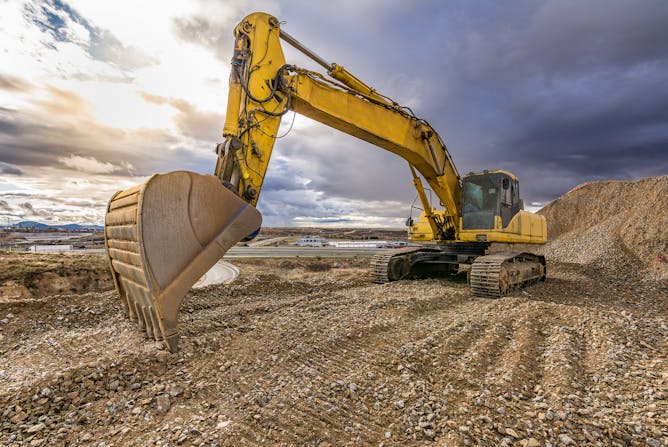
www.shutterstock.com
Alexander Gillespie, University of Waikato
A law to fast-track development consents is being fast-tracked itself. Before it's too late, politicians should insist on greater protection against long-term environmental damage.
|
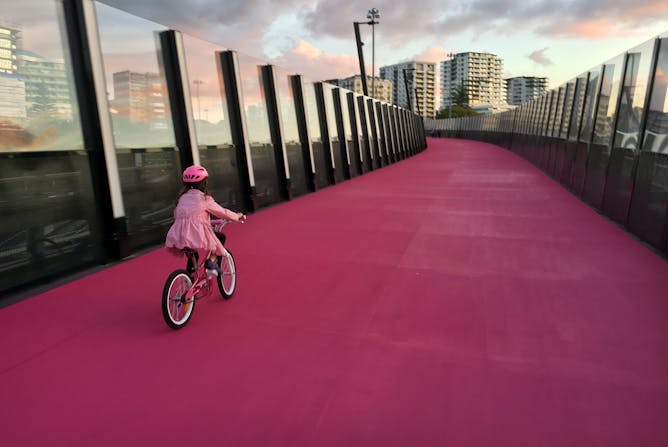
ChameleonsEye/Shutterstock
Simon Kingham, University of Canterbury
The drop in traffic during COVID-19 lockdowns reduced global emissions. If we keep encouraging cycling and working from home beyond the pandemic, our climate goals may become more achievable.
|
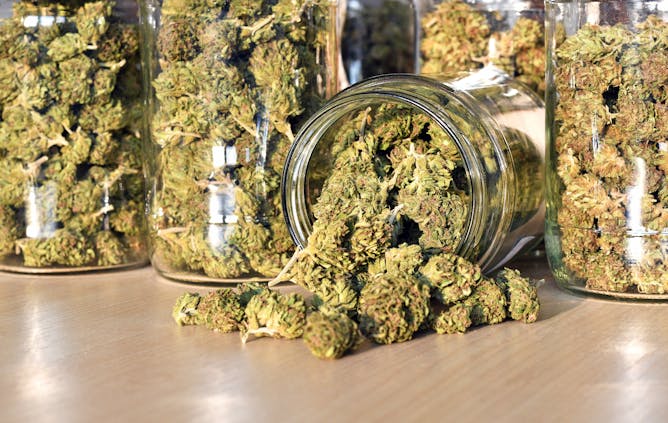
Soru Epotok/Shutterstock
Marta Rychert, Massey University; Chris Wilkins, Massey University
New Zealand will hold the world’s first national referendum on legalising recreational use of cannabis in September. It must learn from mistakes in implementing earlier drug law reforms.
|
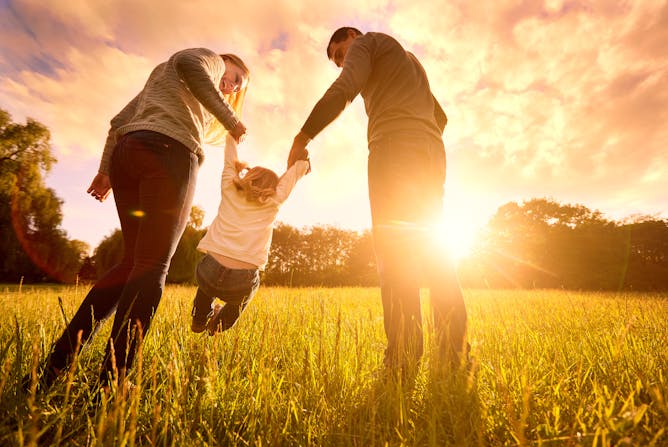
www.shutterstock.com
Simon Chapple, Te Herenga Waka — Victoria University of Wellington; Kate C. Prickett, Te Herenga Waka — Victoria University of Wellington; Michael Fletcher, Te Herenga Waka — Victoria University of Wellington
Resilience, humour, hardship and tragedy – a unique survey reveals how ordinary New Zealanders coped during one of the world's strictest COVID-19 lockdowns.
|
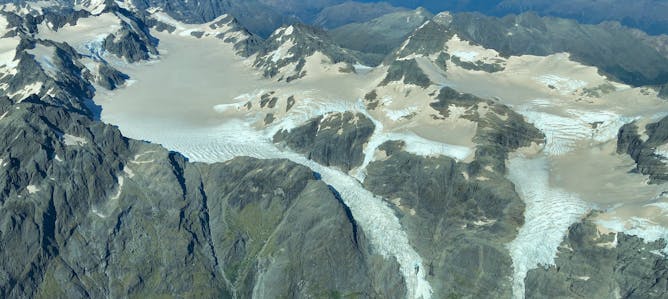
Andrew Lorrey
Andrew Lorrey, National Institute of Water and Atmospheric Research; Ben Noll, National Institute of Water and Atmospheric Research; Lauren Vargo, Te Herenga Waka — Victoria University of Wellington
Auckland's extreme drought and the rapid retreat of glaciers in the Southern Alps both highlight how important long-term observations are for water management policy and planning.
|

www.shutterstock.com
Geoff Plimmer, Te Herenga Waka — Victoria University of Wellington; Diep Nguyen, Edith Cowan University; Esme Franken, Edith Cowan University; Stephen Teo, Edith Cowan University
Working from home during lockdown reminded many of us of the benefits of office life. With a bit of imagination we could have the best of both worlds.
|
From our foreign editions
|
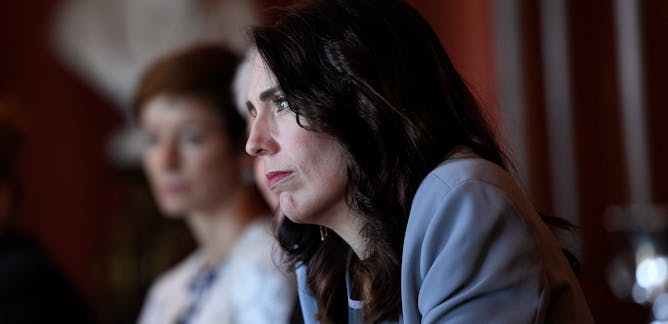
Kate Maclean, Northumbria University, Newcastle
Germany, New Zealand and Taiwan share a common trait beyond having women in the top job.
| |
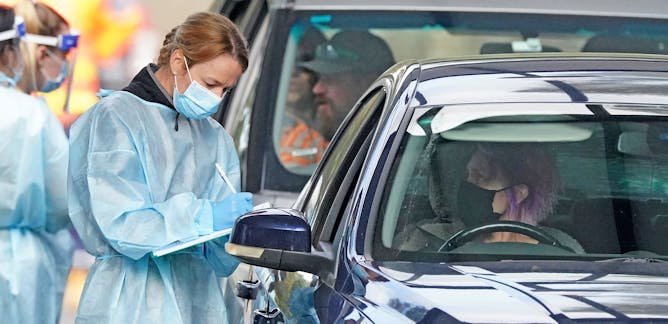
Kristina Murphy, Griffith University; Harley Williamson, Griffith University; Jennifer Boddy, Griffith University; Patrick O'Leary, Griffith University
A survey conducted in April revealed more than half the participants flouted social distancing rules to go shopping for non-essential items, and visit friends or family.
|
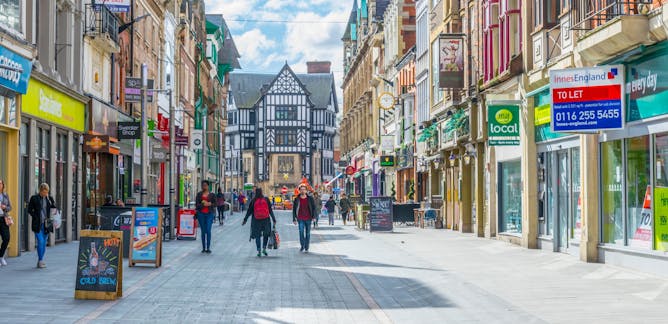
Clifford Stott, Keele University
Local lockdowns in Italy and Germany have led to civil unrest. Could the same happen in the UK?
| |
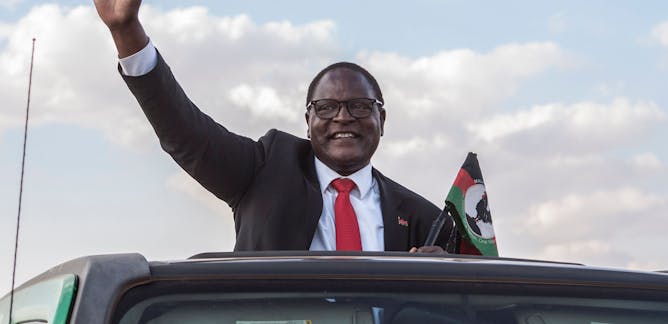
Adem K Abebe, University of Pretoria
The success of Malawi’s democratic dispensation will be measured on the extent to which it delivers public goods – opportunities, development, accountability – for the people.
|

Michelle O'Shea, Western Sydney University; Edward Mariyani-Squire, Western Sydney University; Sarah Duffy, Western Sydney University
In a post-coronavirus world, it remains unclear if the World Cup can deliver on projected tourist numbers, ticket sales and other revenue sources for hosts Australia and New Zealand.
| |
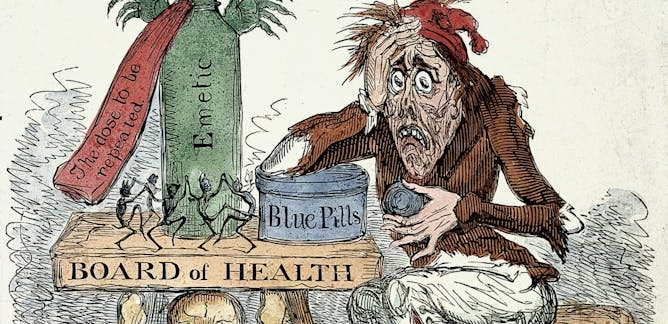
Ellen J Amster, McMaster University
Pandemic histories are useful for understanding COVID-19, but how they connect with race, public health, revolution, labour and colonialism are needed to explain the present and predict the future.
|
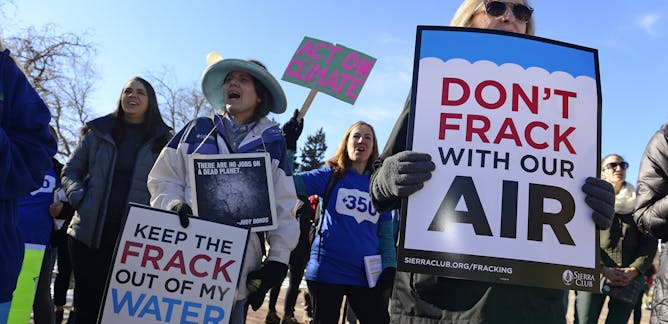
Richard A. Devine, American University; Michael Holmes, Florida State University
Millions of dollars are spent every election by corporations that want to influence state regulations and policies, and that's likely to continue in the upcoming election.
| |
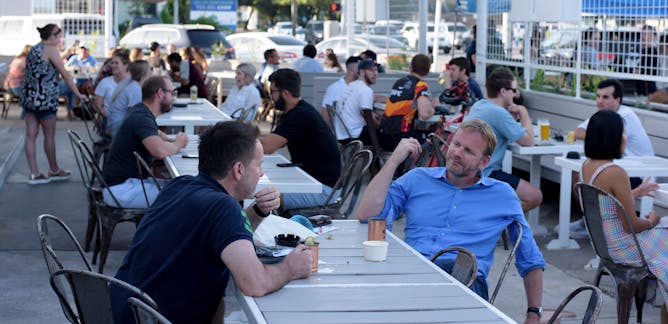
Murray J. Côté, Texas A&M University ; Tiffany A. Radcliff, Texas A&M University
Texas hospitals are filling up with new COVID-19 cases, and many of the people falling ill are young.
|
|
|
| |
| |
| |
| |
| |
| |
|
|
|
|
|
|
|